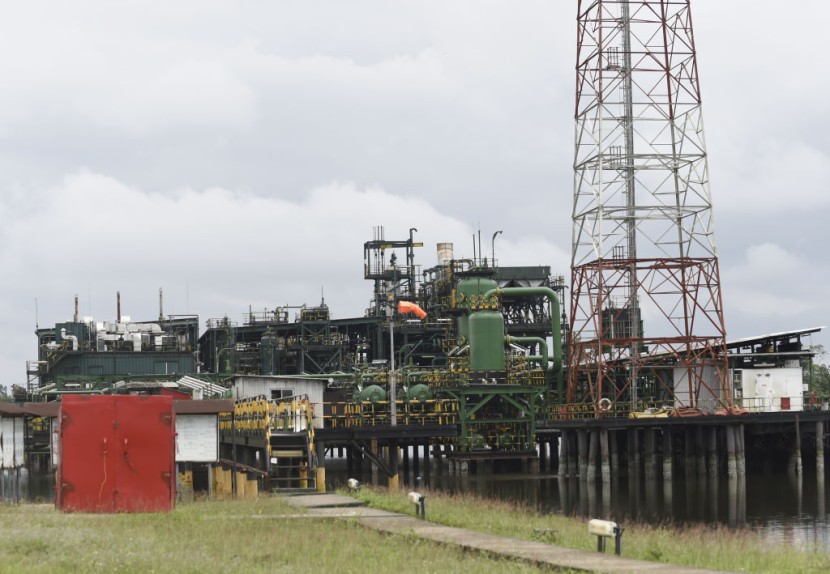The Shell Oil company pioneered oil and gas exploration and drilling starting in Nigeria in 1930.

Through oil spills, sabotage, hostage scenarios, and political subterfuge, the British-based company maintained its holdings for nearly 100 years. Now, reports Reuters, they have finally decided to give up a portion of its holdings. Shell will sell its onshore oil and gas holdings to a consortium or mostly local companies for $2.4 billion.
Shell is responsible for hundreds of onshore oil spills, the most recent of which occurred in 2013. They've also suffered through theft, sabotage, and all-around mismanagement. These operational issues, as well as the lawsuits that spawned from them, are but a few of the reasons the company has decided to sell.
Shell will now focus on offshore oil and gas instead, which is more lucrative and less problem-filled. Shell is but the most recent Western company to withdraw from Nigeria. Exxon Mobil and Equinor, based out of Norway, have each sold off assets in Nigeria in recent years. The Shell Petroleum Development Company of Nigeria will be sold for $1.3 billion, and Shell will get an additional $1.1 billion for prior receivables at the completion of the deal.
What About Shell's Onshore Assets in Nigeria
"This agreement marks an important milestone for Shell in Nigeria, aligning with our previously announced intent to exit onshore oil production in the Niger Delta, simplifying our portfolio and focusing future disciplined investment in Nigeria on our Deepwater and Integrated Gas positions," Shell head of upstream Zoë Yujnovich said.
The buyers are ND Western, Aradel Energy, First E&P Waltersmith, and other local entities. Together they're called the Renaissance Consortium. Other partners in the joint venture are the state's Nigerian National Petroleum Corporation (NNPC), which holds 55%, TotalEnergies (TTEF.PA), with 10%, and Italy's Eni (ENI.MI) with 5%. The new company will take over responsibilities for onshore spills, theft, and sabotage.
Shell's SPDC Limited operates and has a 30% stake in the SPDC joint venture that holds 18 onshore and shallow water mining leases. Shell's resources in SPDC reached around 458 million barrels of oil equivalent by the end of 2022.
Shell still has a liquefied natural gas plant and other assets in Nigeria.
SPDC, which remains the operator, was formed in 1979, incorporating assets of the older Shell-BP consortium, with its current partners entering at later stages.
© 2025 HNGN, All rights reserved. Do not reproduce without permission.








